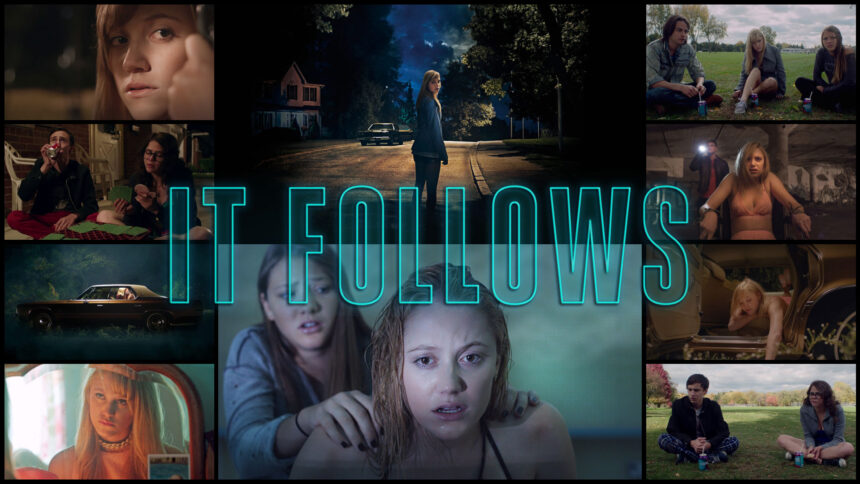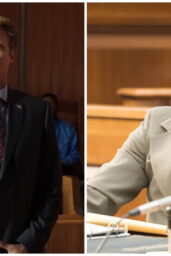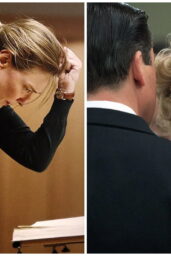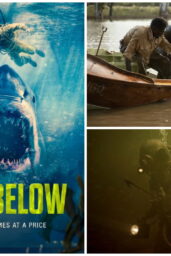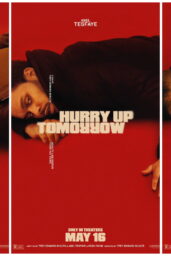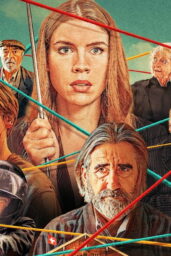What if the scariest thing about horror wasn't the monster you could see, but the one you couldn't? That's the question It Follows dared to ask in 2014, and over ten years later, its answer still lingers in the minds of horror fans and critics alike. Directed by David Robert Mitchell, this indie horror gem didn't just break the mold—it shattered it, redefining what a modern horror film could be.
Slasher films have long been a staple of horror, often relying on gore, jump scares, and the moralistic punishment of promiscuous teens. But It Follows flipped the script. Instead of reveling in blood and guts, it leaned into suspense, atmosphere, and psychological terror. The film's premise is deceptively simple: a curse passed through sexual encounters, manifesting as an unstoppable, shape-shifting entity that only the victim can see. It's a metaphor for disease, guilt, and the inescapable consequences of our actions—a theme that feels even more poignant in a world still recovering from a global pandemic.
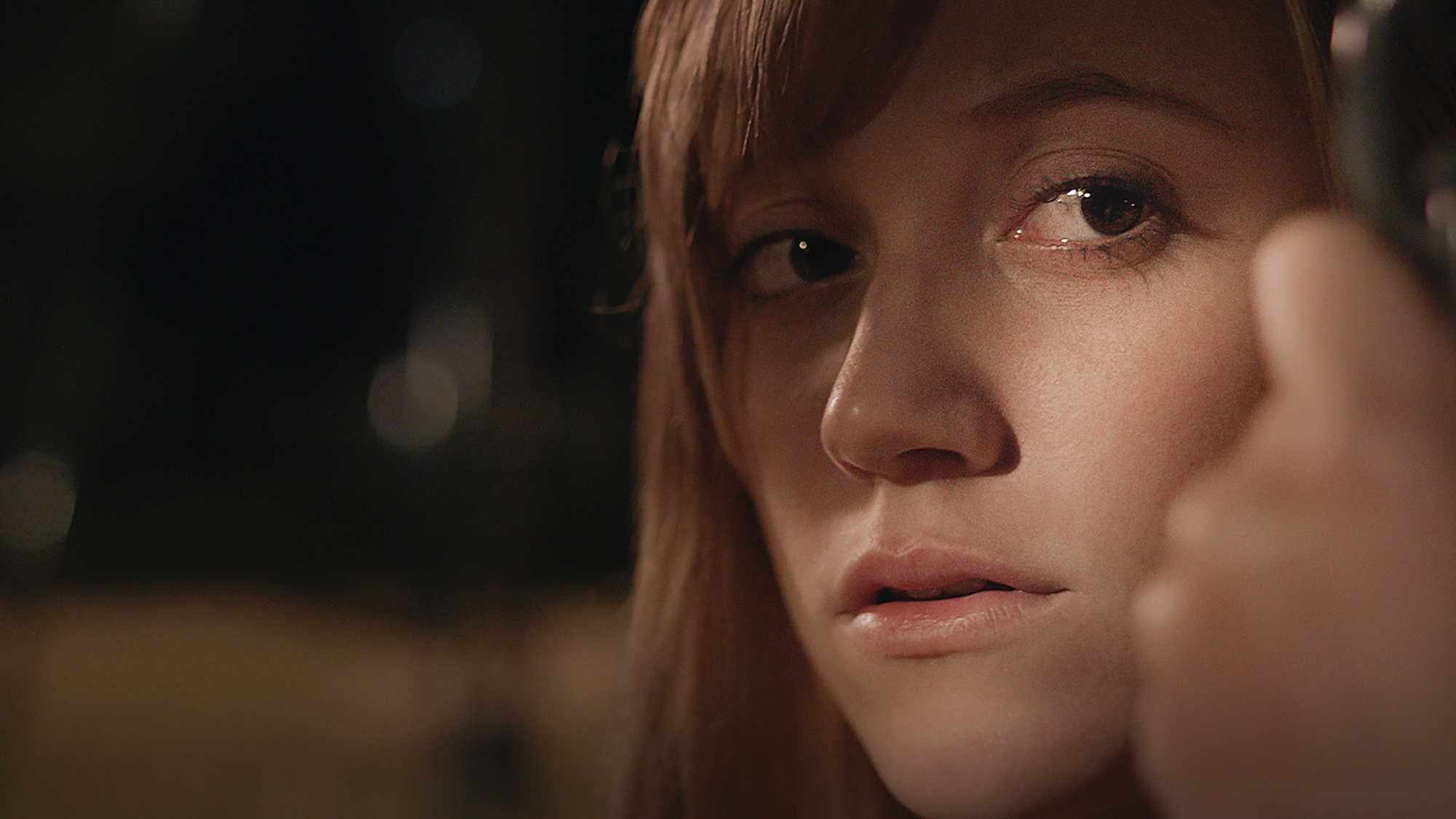
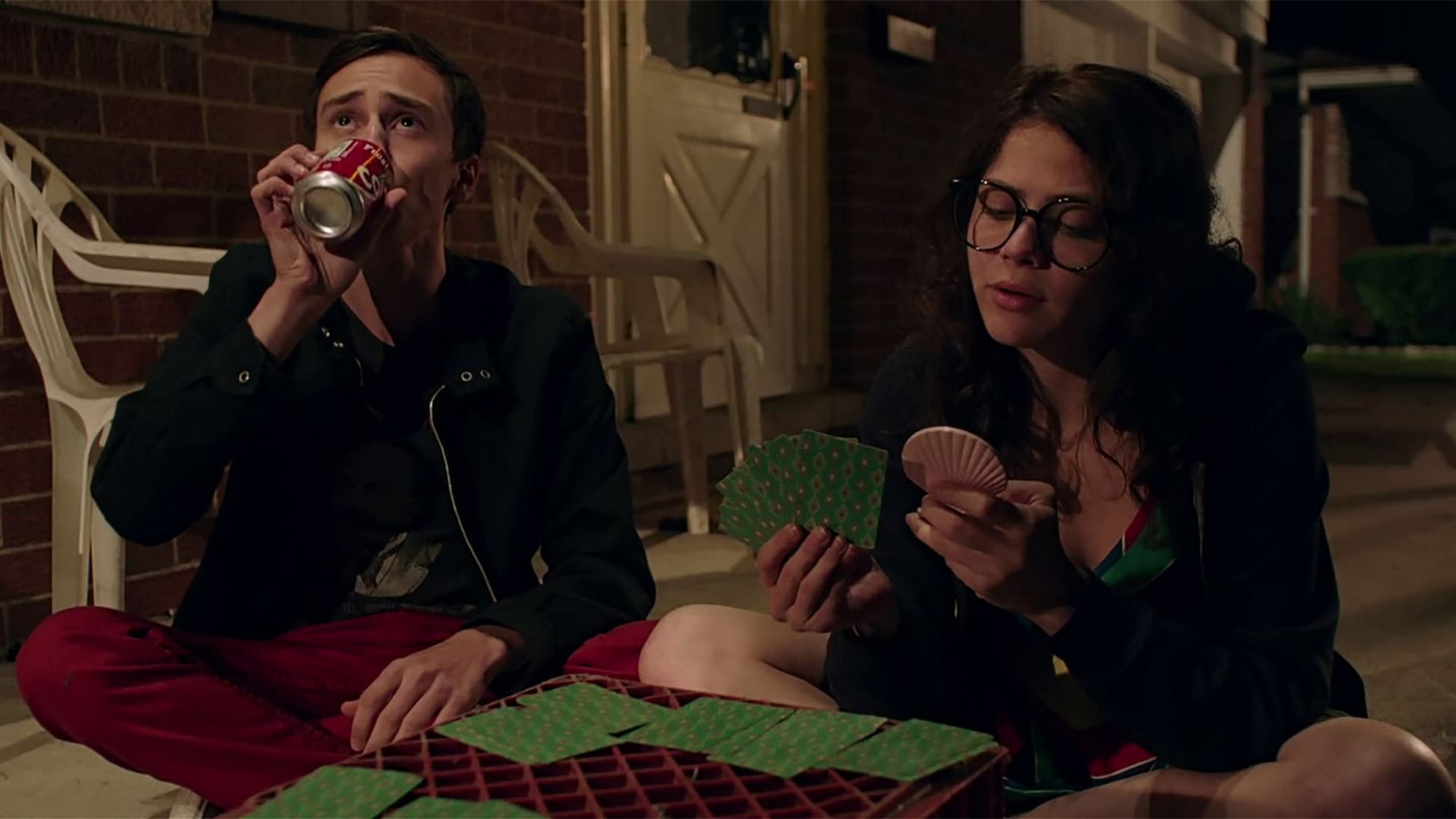
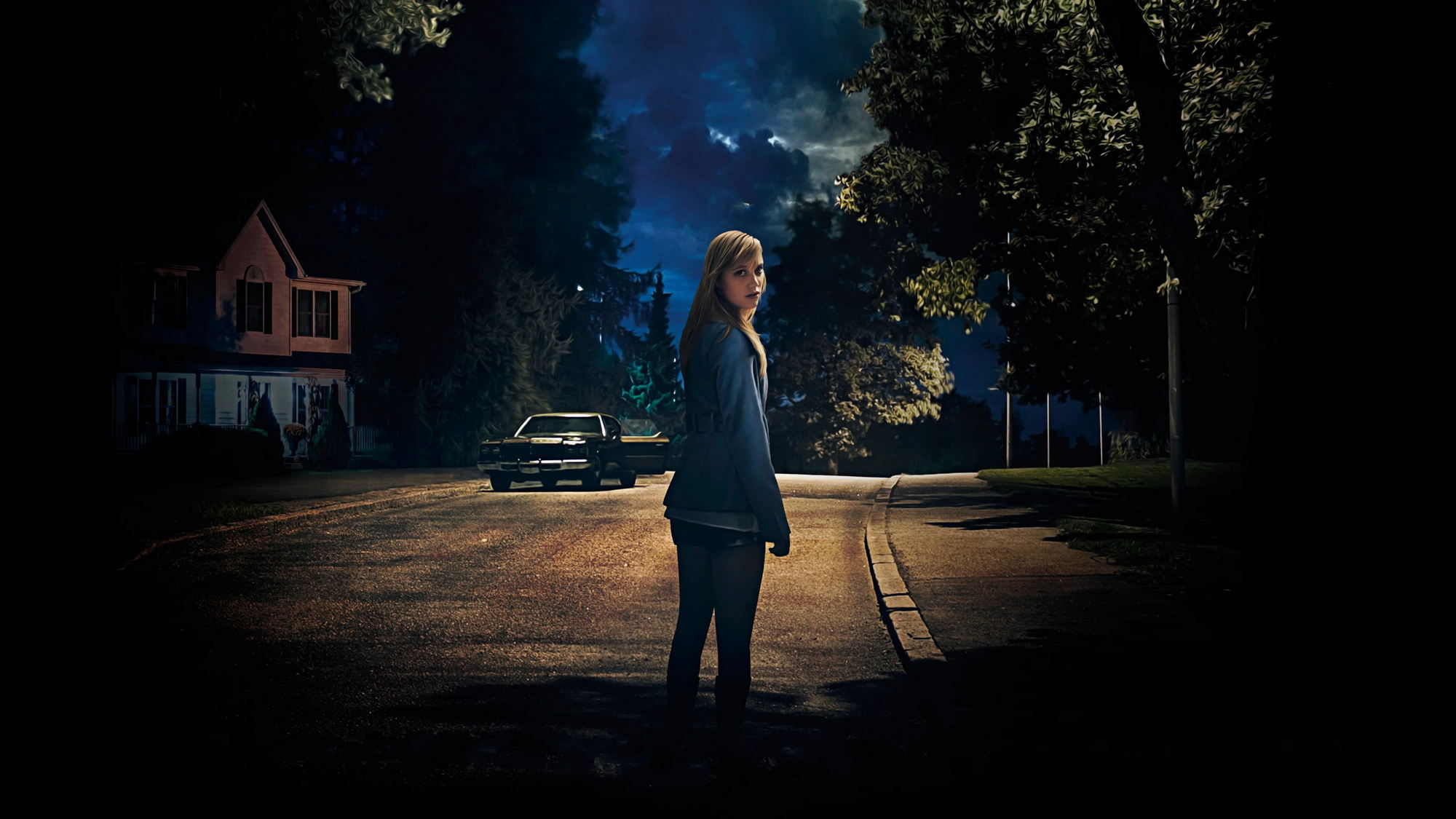
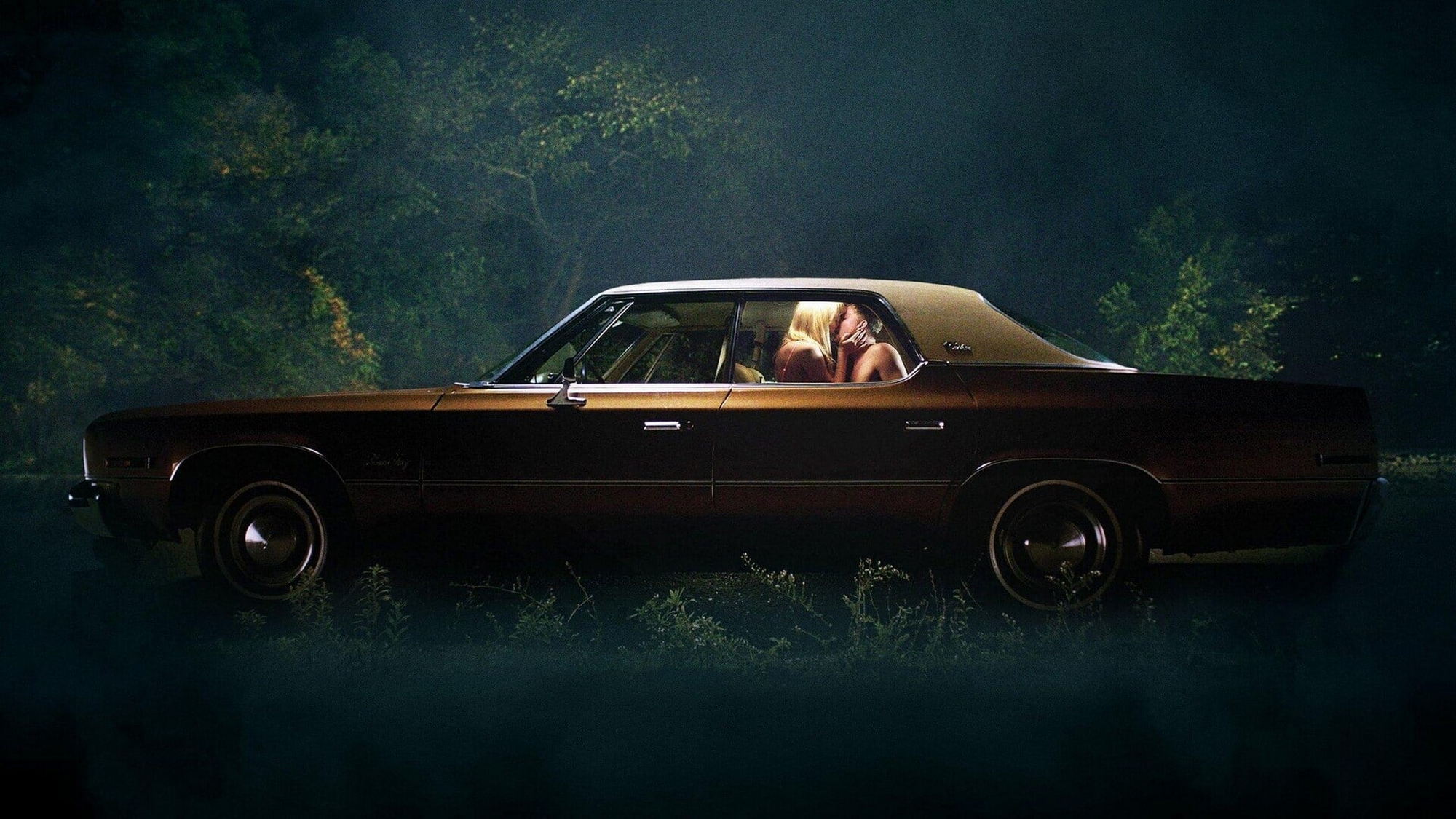
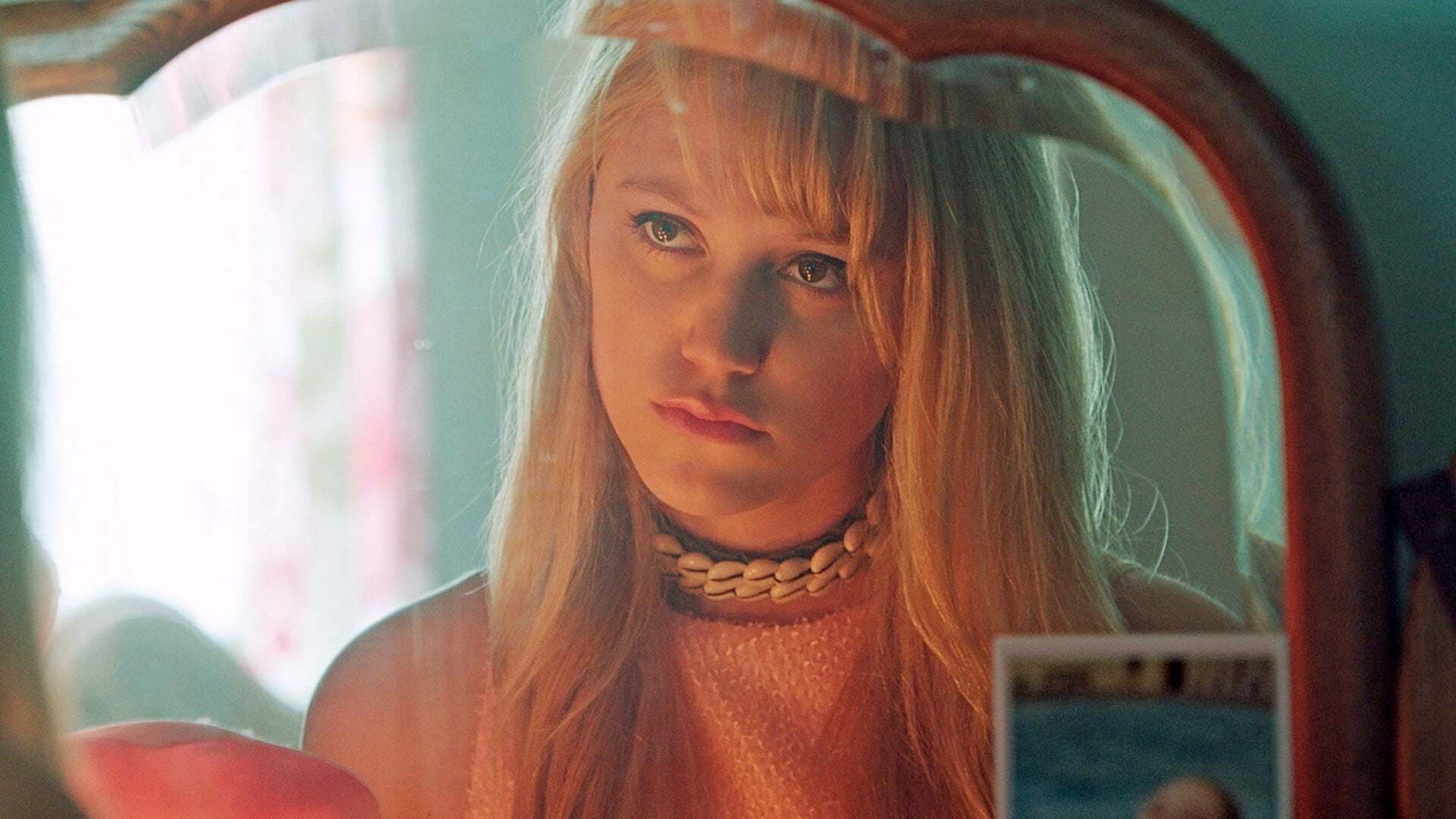
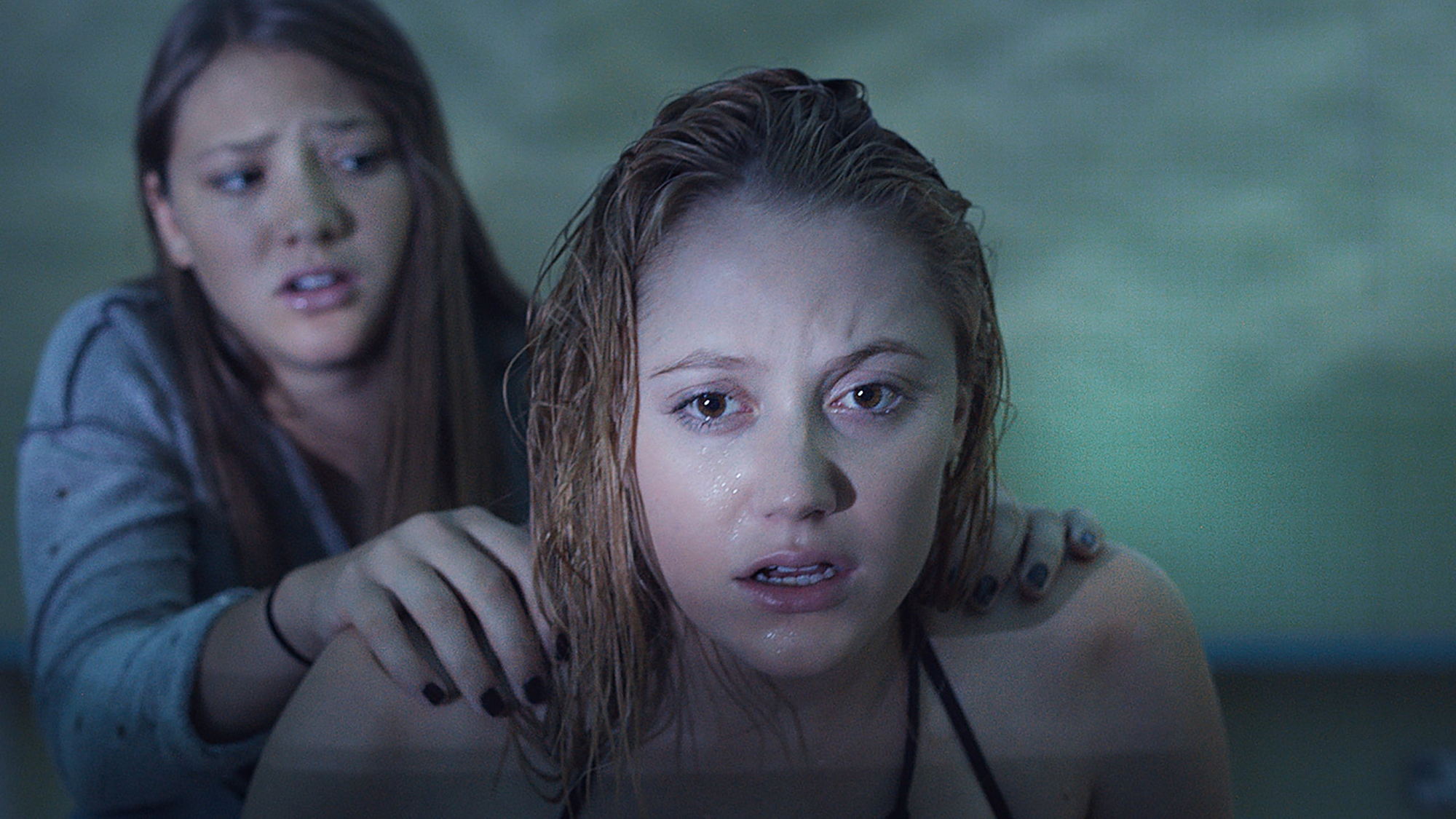
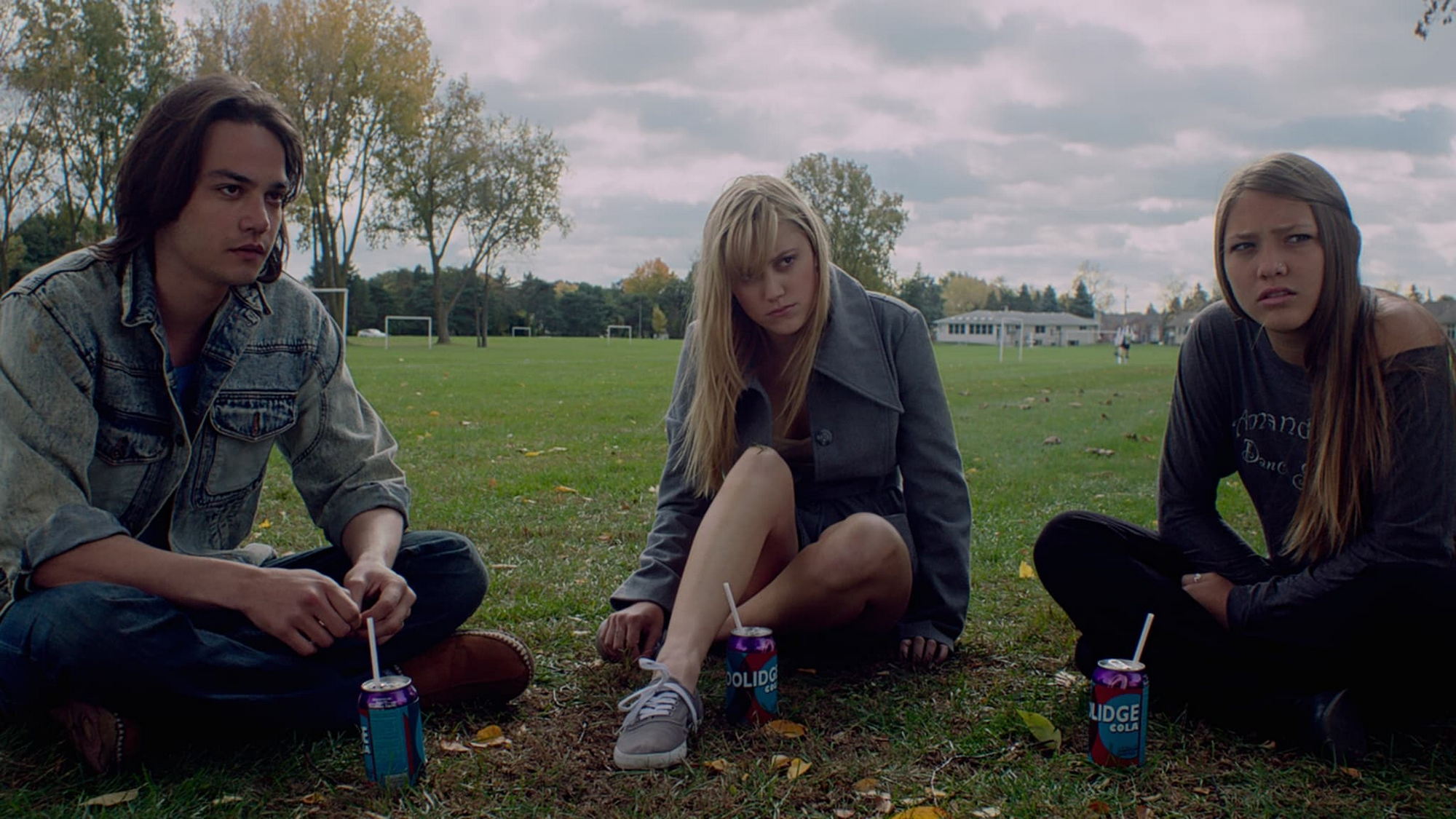
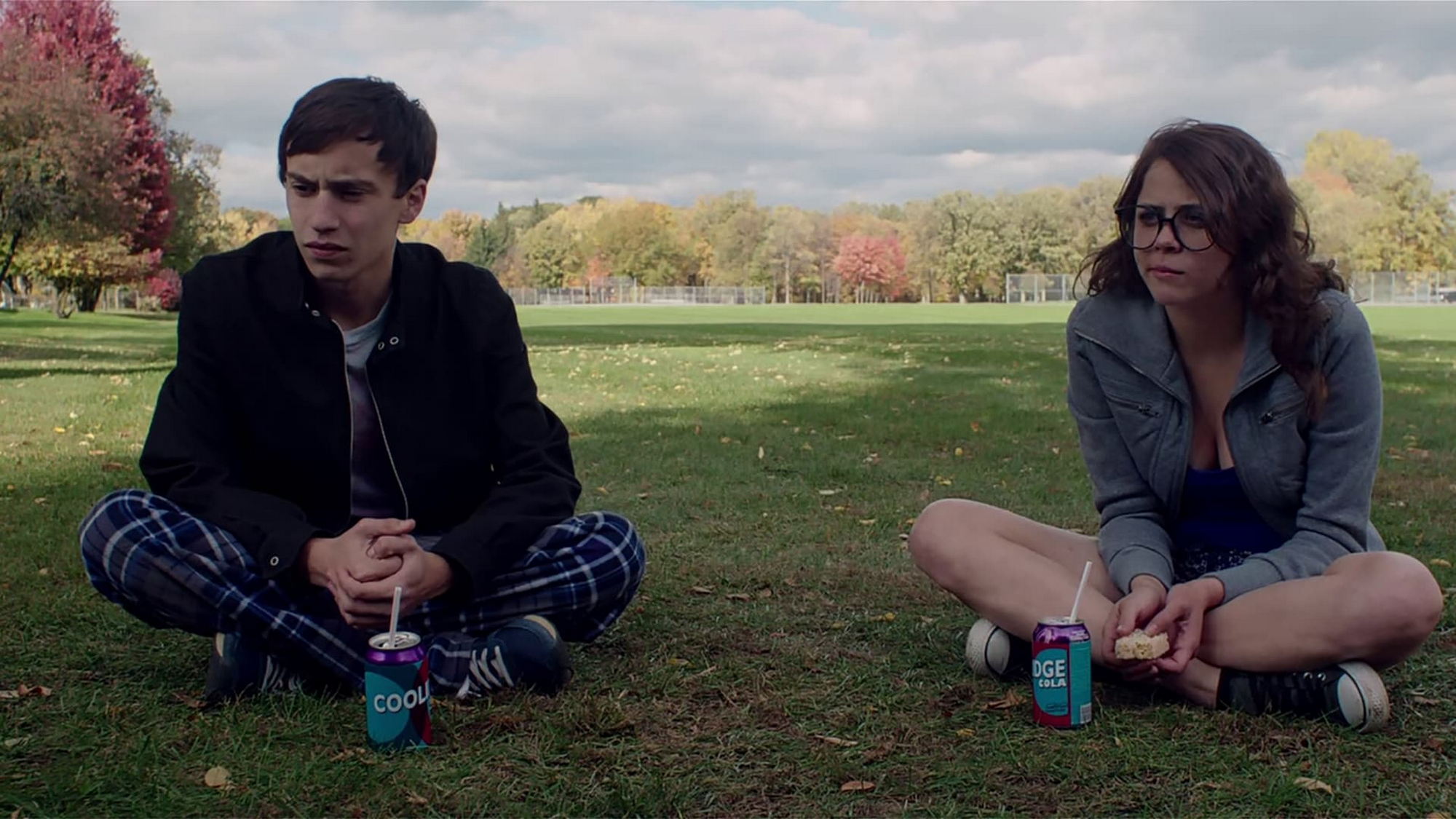
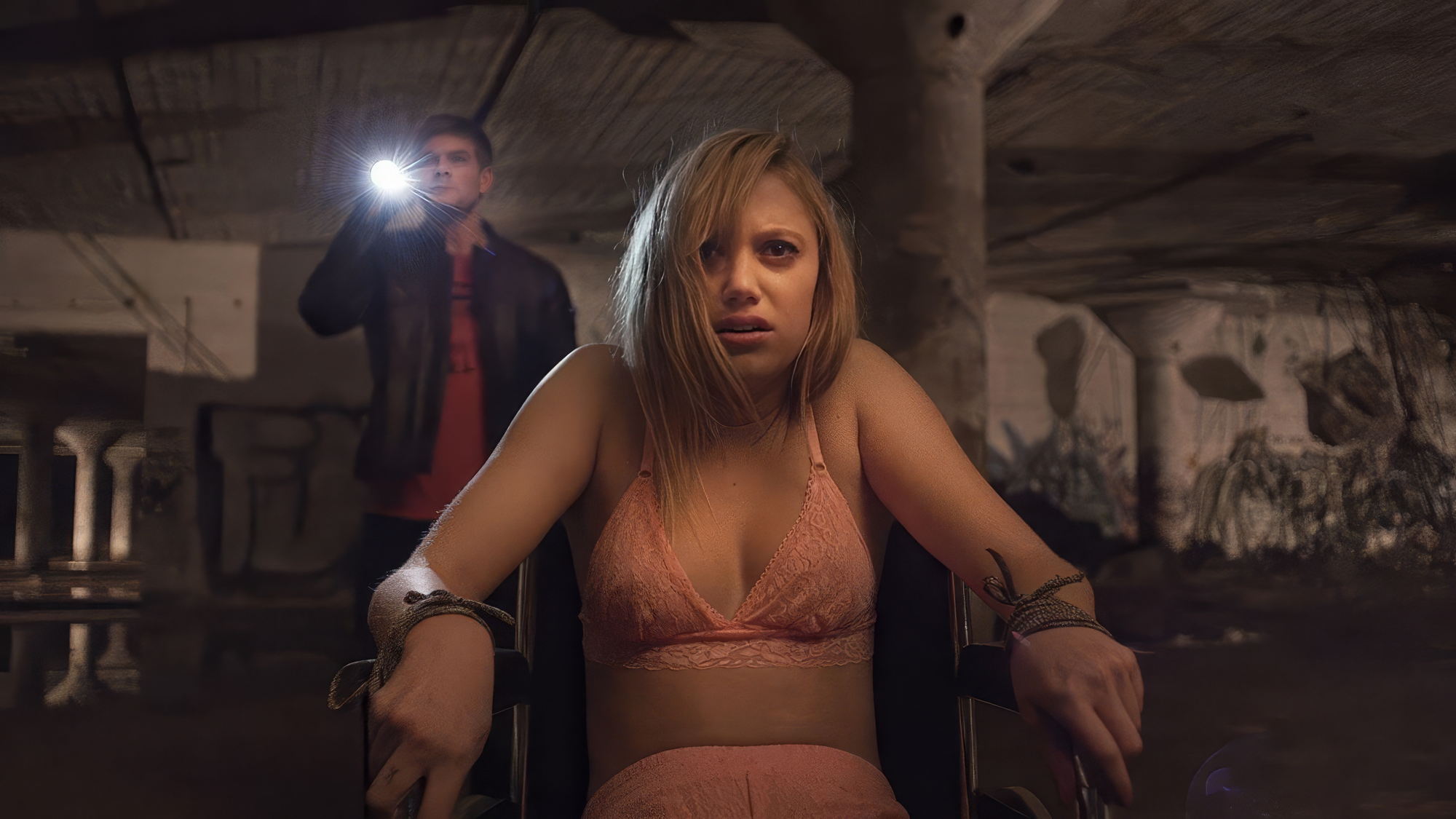
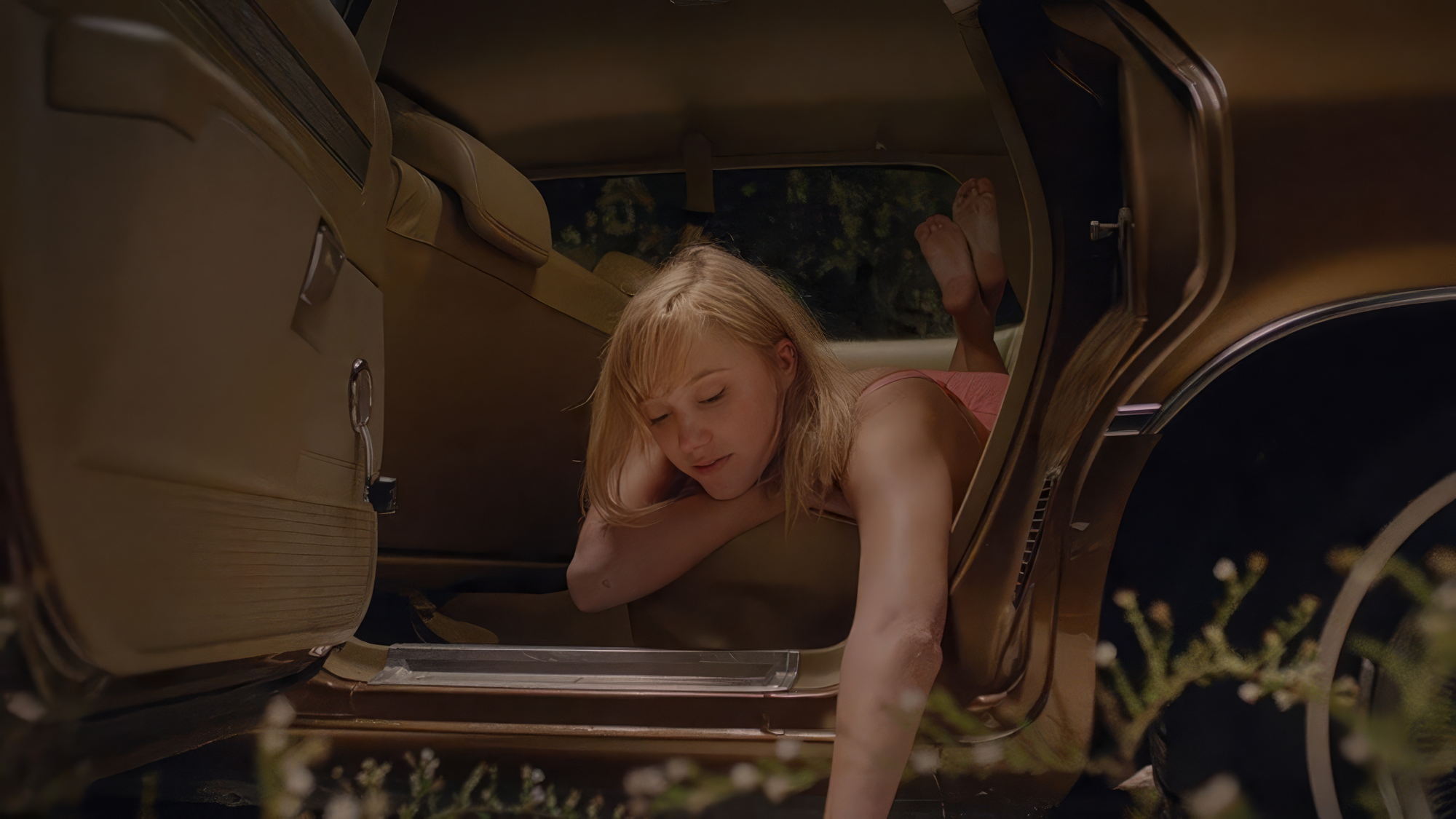
What sets It Follows apart isn't just its story but how it's told. Mitchell's use of long, unbroken takes and tracking shots creates a sense of unease that's almost palpable. The camera becomes a character in itself, mimicking the slow, relentless pursuit of the entity. This isn't just horror—it's art. The film's haunting score by Disasterpeace further elevates the tension, blending synth-heavy tones with a nostalgic nod to 80s horror classics.
At its core, It Follows is about fear—fear of the unknown, fear of intimacy, and fear of consequences. It's a film that doesn't just scare you; it makes you think. By reframing the slasher genre's puritanical undertones, Mitchell crafted a story that's as much about human vulnerability as it is about supernatural terror. The film's protagonist, Jay (played brilliantly by Maika Monroe), isn't punished for her choices—she's forced to confront the fallout, a narrative decision that feels refreshingly modern.
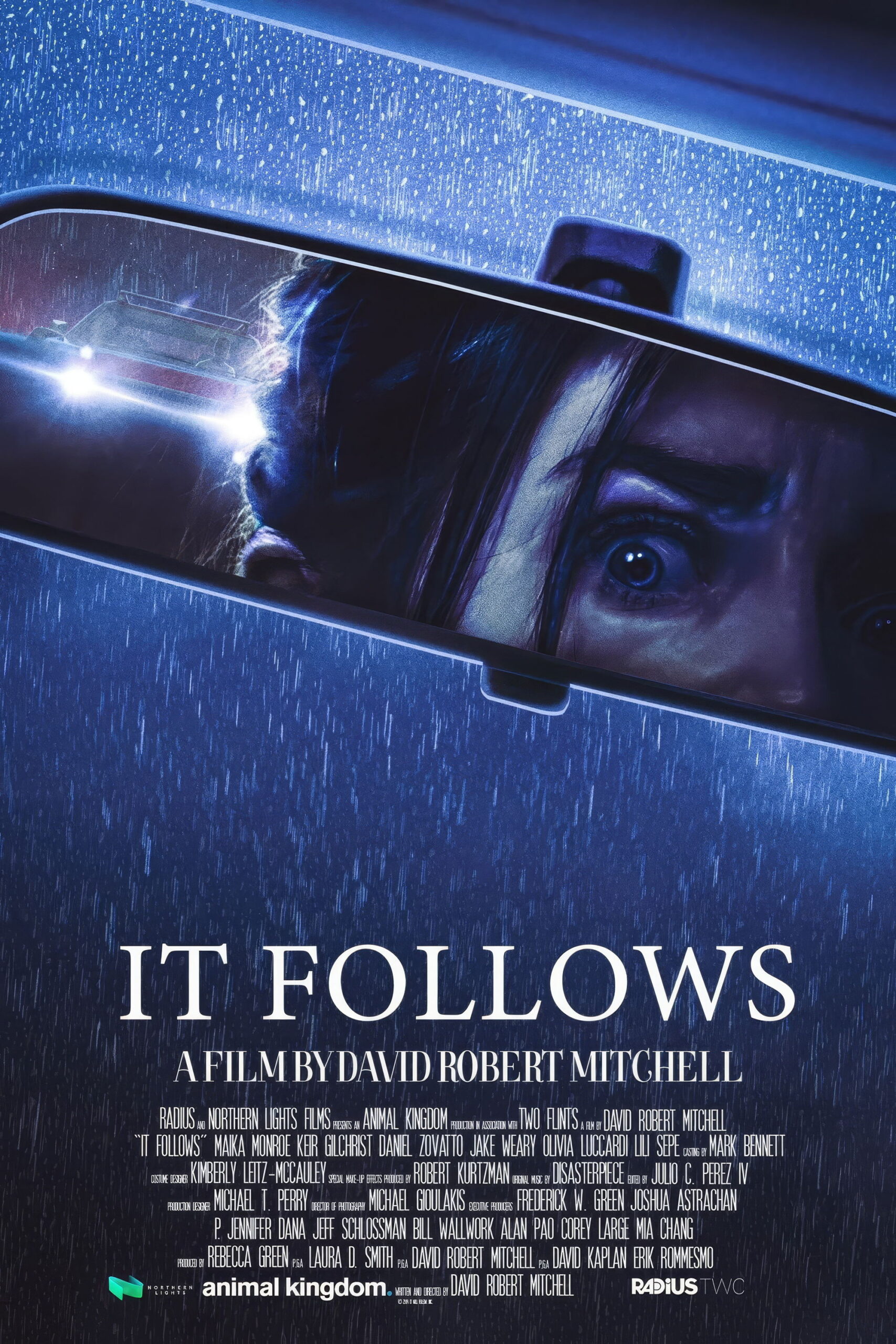
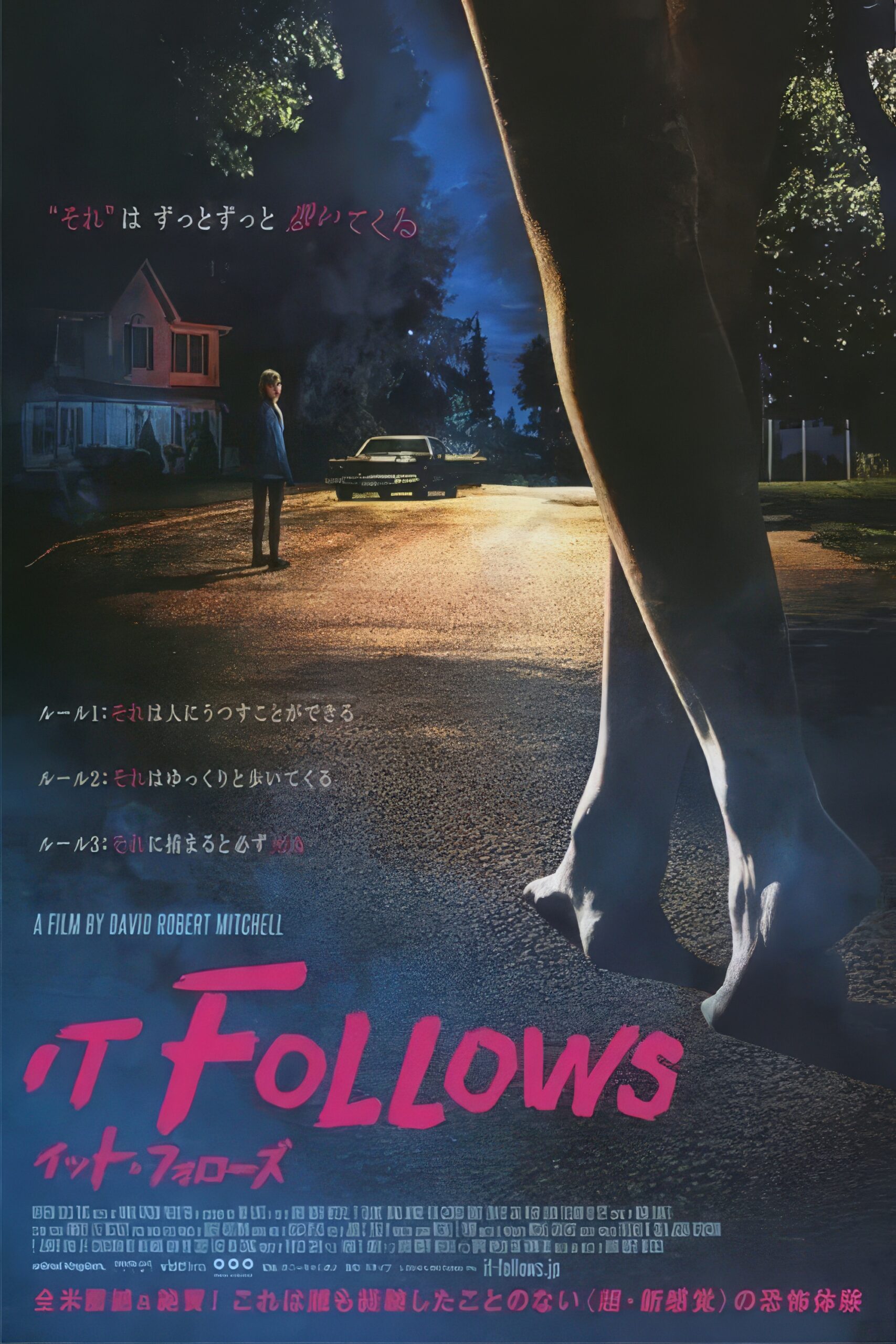

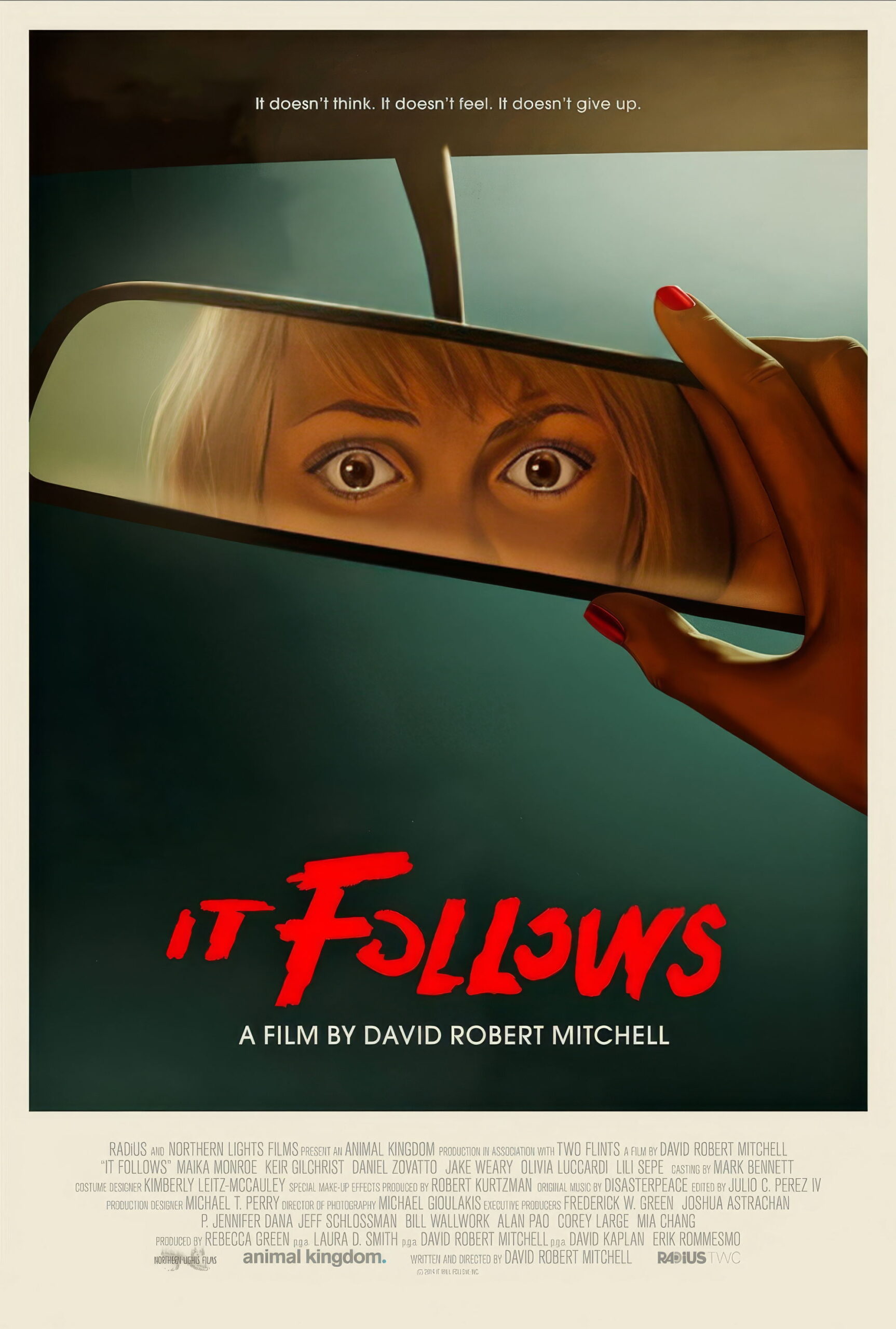
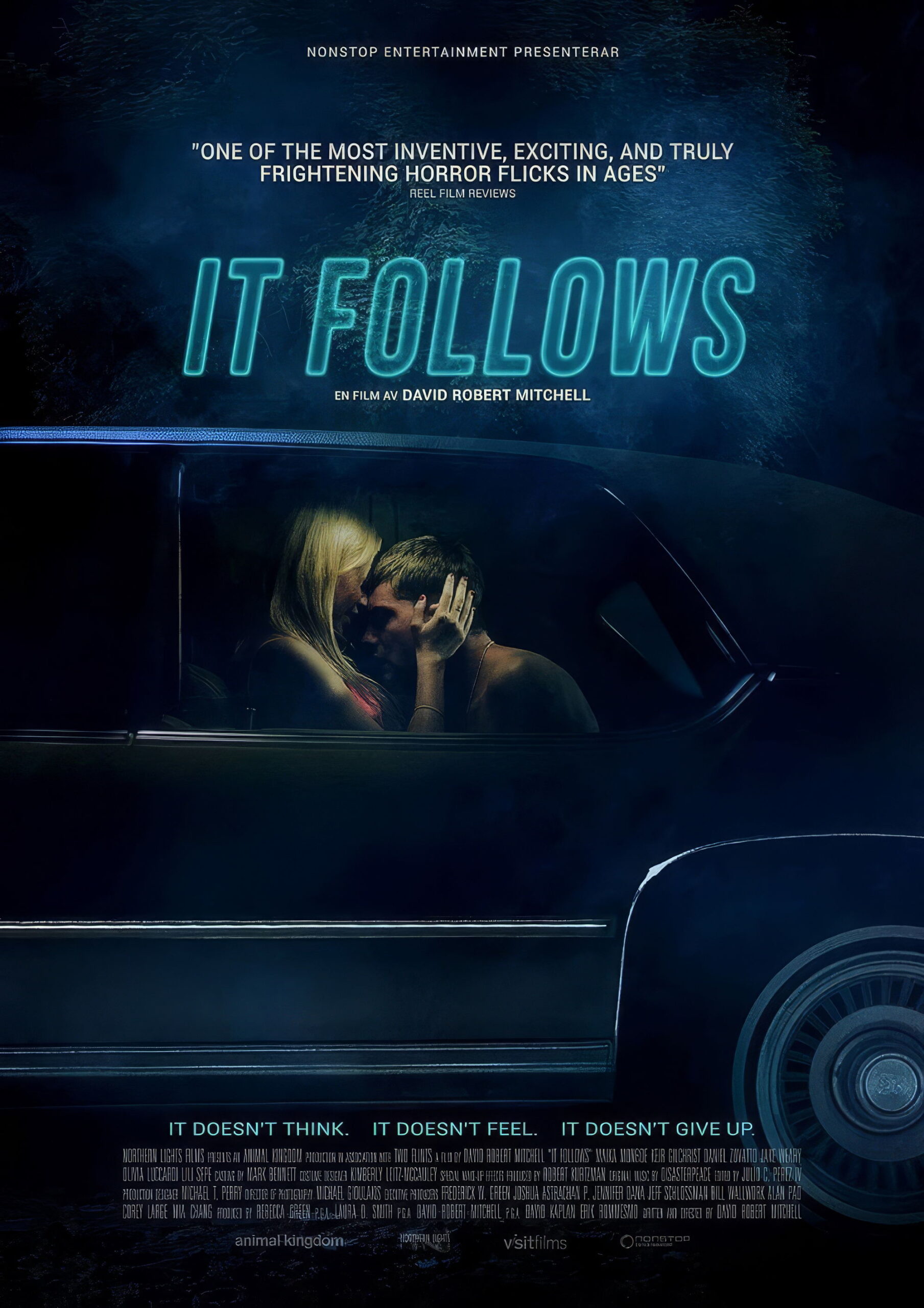
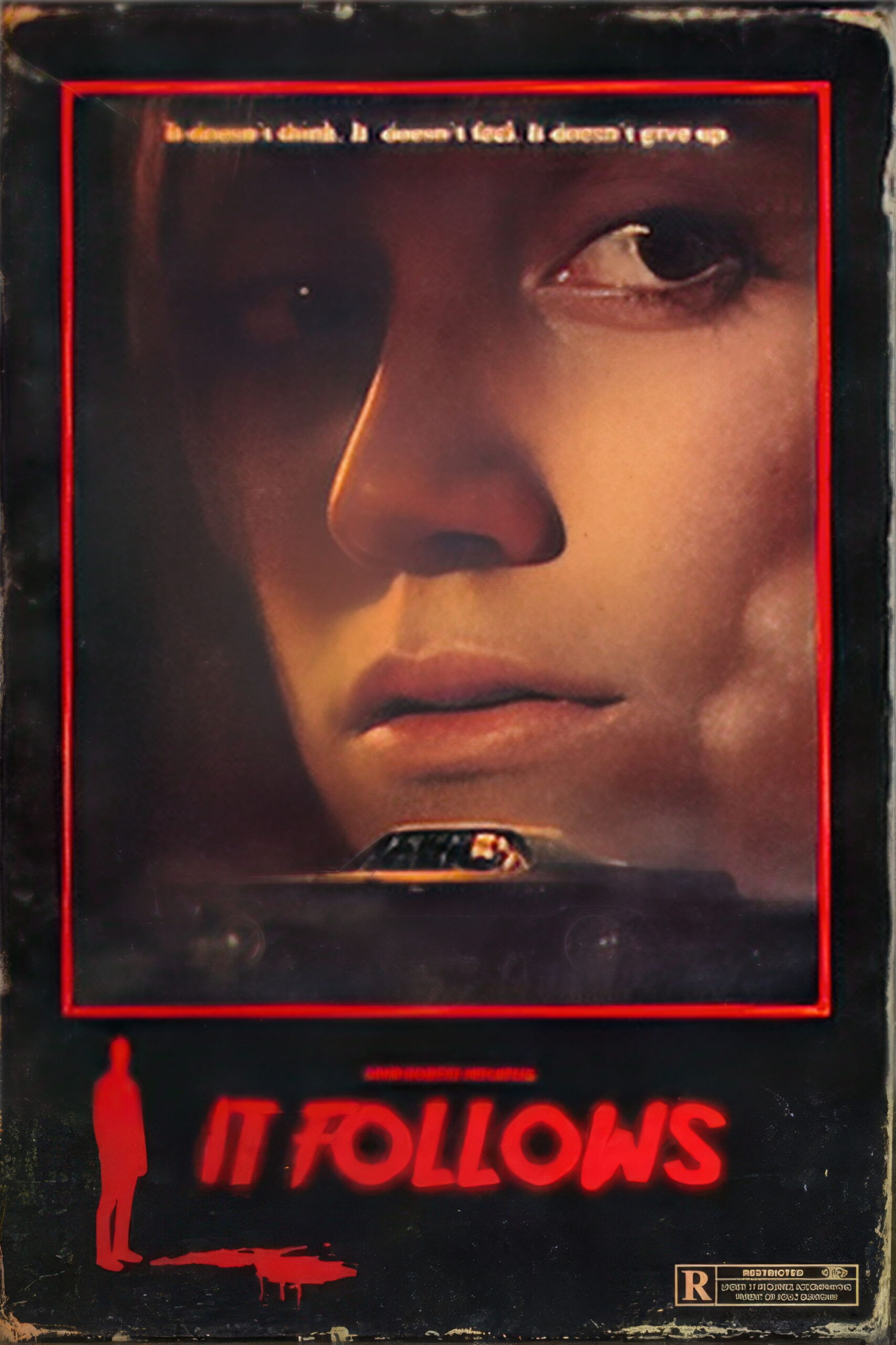
A decade later, It Follows hasn't just aged well—it's become a cultural touchstone. Its themes of contagion and isolation resonate deeply in a post-COVID world, while its innovative approach to horror continues to inspire filmmakers. It's a testament to the power of storytelling that a low-budget indie film could leave such an indelible mark on the genre.
It Follows isn't just a horror film—it's a masterclass in suspense, atmosphere, and thematic depth. David Robert Mitchell's vision, combined with Maika Monroe's standout performance, creates a cinematic experience that's as thought-provoking as it is terrifying. In a genre often dismissed as shallow, It Follows stands tall as a reminder of what horror can achieve when it dares to be different.
Do you think It Follows could inspire a new wave of horror films that prioritize atmosphere and storytelling over cheap thrills? Or is its unique approach too niche to become the norm?

